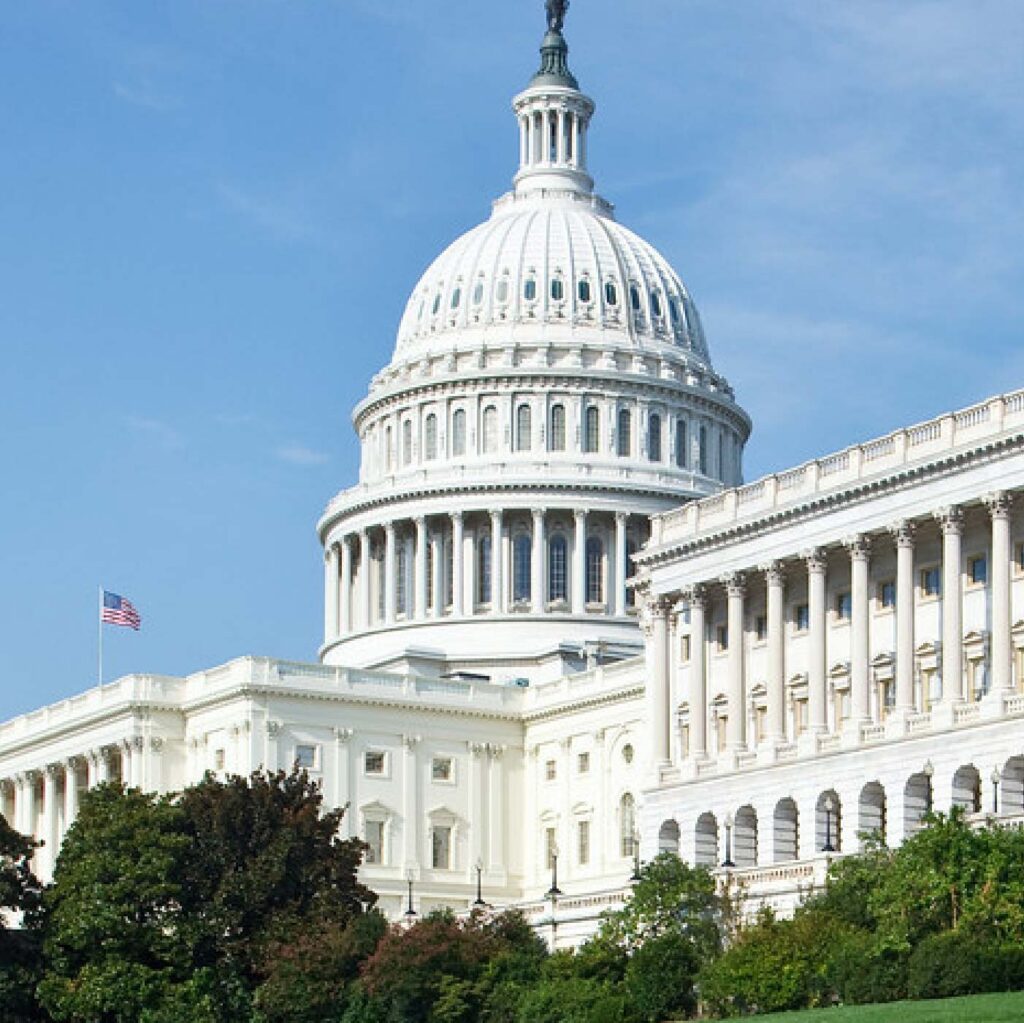After Senate Passage, Negotiations Underway with House on Bipartisan Opioid Bill
On Monday, the Senate overwhelmingly passed a comprehensive bill with strong bipartisan support in response to the opioid epidemic devastating so many communities. Senators worked across the aisle to find solutions to this crisis, and the bill passed 99-1. The legislation includes numerous provisions that help adults — and children.
Last year, 72,000 Americans died of opioid overdoses. As the crisis becomes more pervasive, the impacts to America’s young children are increasingly clear. Living with a family member who misuses substances is considered an Adverse Childhood Experiences (ACEs). Children who have prolonged exposure to ACEs can develop toxic stress, which has been shown to have life-altering behavioral and physical health effects on children, and ultimately alters the architecture of a child’s brain.
The bill now moves back to the House, which is expected to vote on it next week.
FFYF joined the National Head Start Association and dozens of other advocates in signing a letter to House and Senate leaders, encouraging them to include all of the Senate-passed provisions related to trauma and the impacts of opioids and substance use disorder on children and families in the final version of the legislation.
Key provisions in the Senate version that will help infants and young children effected by the crisis include:
- Authorization for the CDC to support states’ in collecting and reporting data on Adverse Childhood Experiences (ACEs) through existing public health surveys.
- The creation of an interagency task force to make recommendations about how to best identify, prevent, and mitigate the effects of trauma on infants, children, youth, and their families.
- Increase student access to evidence-based trauma support services through grants that link educational agencies with mental health systems. These grants will be authorized by the Secretary of Education, in coordination with the Assistant Secretary of Mental Health and Substance Use.
- An increase to the National Child Traumatic Stress Initiative authorization level to allow for technical assistance, direct services to communities, and support of evaluation for trauma-informed care for children and families.
- Protections for children with addicted parents to help keep children and families together. The Department of Health and Human Services will be able to award grants to states, tribes, and local governments to develop programs to help newborns remain with their mothers and support the attendance of children at treatment programs.
FFYF applauds the efforts of the Senate to help children and families affected by the opioid crisis and encourages the House to include provisions that support young children. Policy makers need to continue to understand the potential effects of the opioid crisis on children and ways to help them, in order to ensure they can go on to lead a healthy, productive, and happy life.
Subscribe to FFYF First Look
Every morning, FFYF reports on the latest child care & early learning news from across the country. Subscribe and take 5 minutes to know what's happening in early childhood education.



